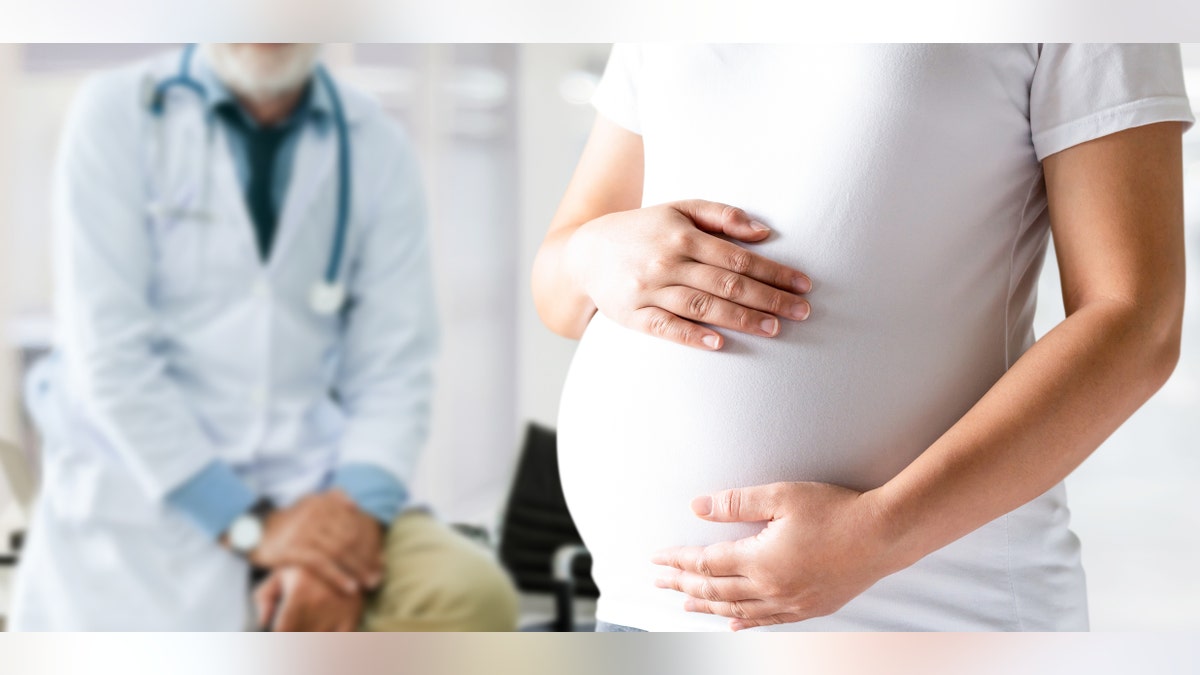Ex CDC Chief Frieden: Need to get coronavirus vaccines out of freezers, into arms
Former CDC Director Tom Frieden provides insight into the changes for the coronavirus immunization guidelines on ‘CAVUTO Live.’
The World Health Organization (WHO) this week said that it does not recommend pregnant women receive the Moderna COVID-19 vaccine at this time.
"While pregnancy puts women at a higher risk of severe COVID-19, the use of this vaccine in pregnant women is currently not recommended," unless they are at a high risk of exposure to the novel disease, such as health care workers, the WHO said in a Tuesday informational post about the Moderna jab, the second such vaccine to receive emergency use approval in the U.S., followed by one created by Pfizer-BioNTech.

The World Health Organization (WHO) this week said that it does not recommend pregnant women receive the Moderna COVID-19 vaccine at this time. (iStock)
The WHO did not provide any additional details as to why it does not recommend the vaccine for pregnant women, but the Centers for Disease Control and Prevention (CDC) on its website notes that "only limited data are available on the safety of COVID-19 vaccines, including mRNA vaccines, administered during pregnancy."
"Limited data are currently available from animal developmental and reproductive toxicity studies. No safety concerns were demonstrated in rats that received [the] Moderna COVID-19 vaccine before or during pregnancy," the federal agency added, noting that "studies of the Pfizer-BioNTech vaccine are ongoing."
GLOBAL CORONAVIRUS CASES TOP 100 MILLION
The Moderna jab, as well as the one created by Pfizer, does not contain a live virus; they were created using groundbreaking mRNA technology.
mRNA vaccines "do not interact with a person’s DNA because the mRNA does not enter the nucleus of the cell. Cells break down the mRNA quickly. Based on how mRNA vaccines work, experts believe they are unlikely to pose a specific risk for people who are pregnant," the CDC continues.
However, the agency continues, "the actual risks of mRNA vaccines to the pregnant person and her fetus are unknown because these vaccines have not been studied in pregnant women."
The WHO also noted that it does not recommend the Moderna jab or any other vaccine crated with mRNA technology for "individuals with a history of severe allergic reaction to any component of the vaccine."
CLICK HERE FOR COMPLETE CORONAVIRUS COVERAGE
"While vaccination is recommended for older persons due to the high risk of severe COVID-19 and death," the WHO continued, "very frail older persons with an anticipated life expectancy of less than 3 months should be individually assessed."
The vaccine should also not be given to children at this time, it added.
"The vaccine should not be administered to persons younger than 18 years of age pending the results of further studies," per the WHO.








































